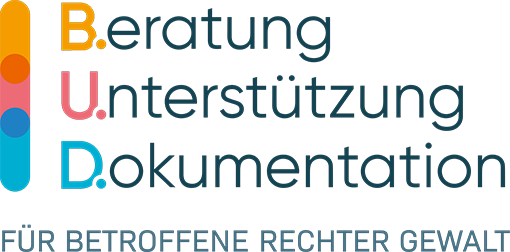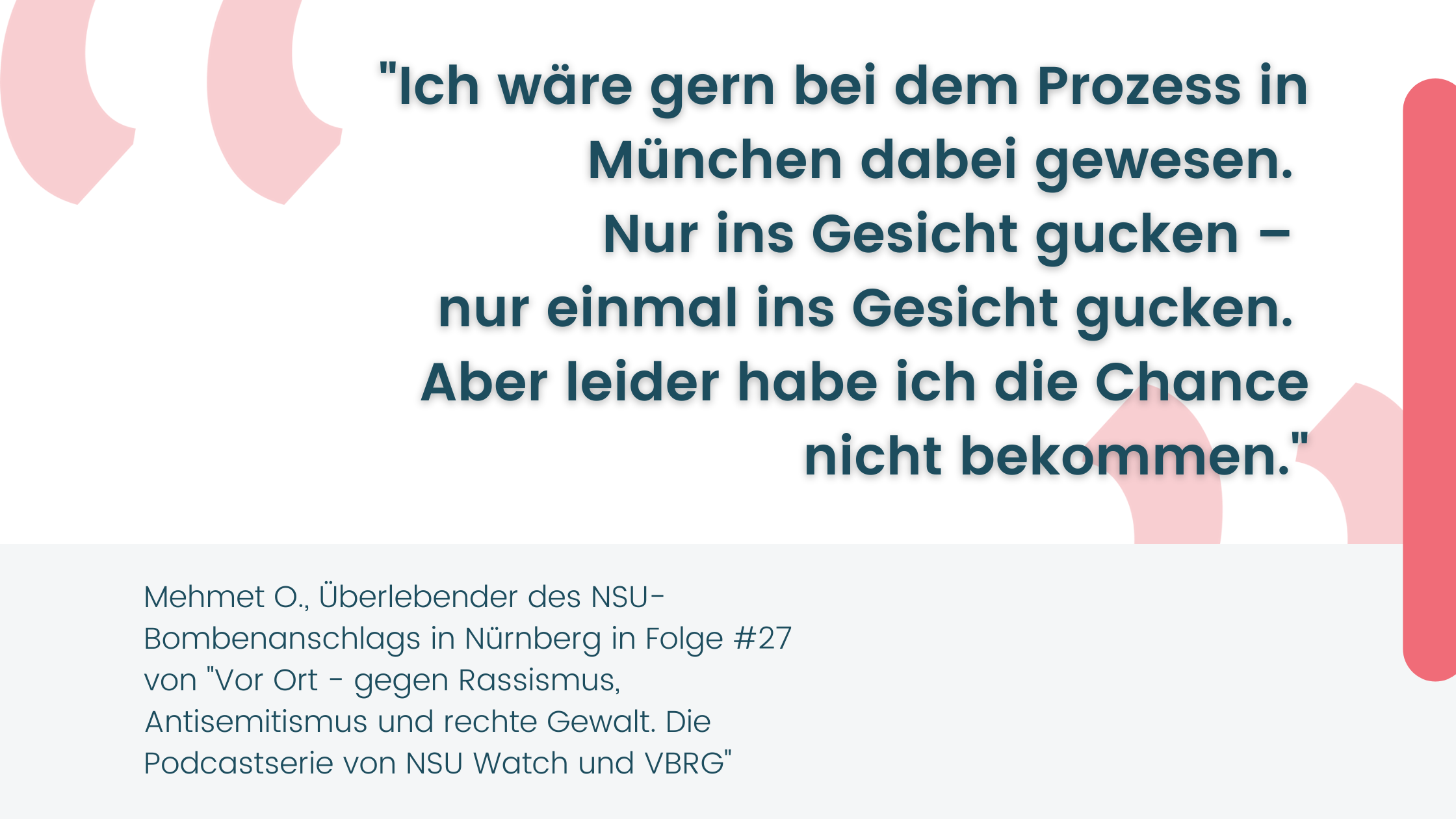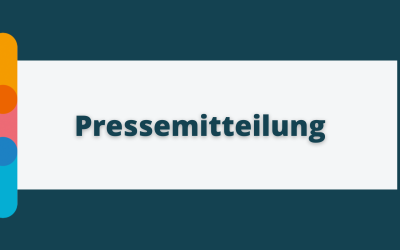This time from Bavaria and with the participation of B.U.D. Bayern: Recently, the new episode of the podcast series “Vor Ort – gegen Rassismus, Antisemitismus und rechte Gewalt” (On site – against racism, anti-Semitism and right-wing violence) by NSU Watch and VBRG e.V. was published. The focus is on the bomb attack of the so-called “National Socialist Underground” on June 23, 1999 on Mehmet O. and the bar “Sonnenschein” in Nuremberg, which has been largely forgotten until today, as well as the investigative work of the 2nd NSU Investigation Committee in the Bavarian Parliament.
In the discussion with the survivor Mehmet O. and in interviews with B.U.D. Bavaria advisor Patrycja Kowalska as well as Robert Andreasch of the anti-fascist information,documentation and archive place (a.i.d.a. archive) in Munich it goes around racist perpetrator victim reversal,protracted investigations and the lack of prosecution against aides and supporters of the NSU core trio in Nuremberg.
Mehmet O.: “The state must wake up, the politicians must wake up.”
“You are an NSU victim” – Mehmet O. only learned this many years after the attack. And not from the authorities, but from a journalist. The perpetrators had become known during the NSU trial in Munich, from which Mehmet O. was excluded as a co-plaintiff. From the judiciary’s point of view, it did not matter whether Beate Zschäpe was convicted of 33 or 32 attempted murders. The consequence, however, is that Mehmet O is thereby denied any form of justice, recognition and reparation. In the first part of the podcast, he describes how he experienced the attack and how the subsequent suspicions, cover-ups and racist investigations have affected his life. The act destroyed his lifelong dream, and the physical and psychological consequences continue to have an impact to this day.
Mehmet O. feels left alone by the authorities, who wrongly accused him for months, and he has lost trust in the police and the judiciary. “The state did a lot wrong,” Mehmet O. says in the podcast. “I would have expected at least an apology.” To this day, no one has been held criminally responsible for the assassination attempt on him, even though new evidence of suspected perpetrators from the NSU network has long since emerged. In addition, there is the constant uncertainty: “NSU complex, that’s not just three people – my opinion. That is still there. What happened? Halle, Hanau… The state has to wake up, the politicians have to wake up. It can’t go on like this.”
Patrycja Kowalska: “Perpetrator-victim reversal is the common thread of the NSU complex”
In the second part of the podcast, B.U.D. Bayern consultant Patrycja Kowalska highlights three phases that are crucial to forgetting the attack. She describes in detail how, in addition to the perpetrator-victim reversal as the common thread of the NSU complex, a “closure mentality” was already evident in the investigations in 1999. Patrycja Kowalska has accompanied and advised Mehmet O. for many years. Her conclusion: “His rights as a survivor have been completely disregarded for 23 years.”
She describes the explosive attack on him as “forgotten” because Mehmet O. was never recognized as a victim of right-wing violence. This is because the attack has not been dealt with either legally or socially to this day. The Bavarian authorities’ treatment of the victim was scandalous from the start, says Patrycja Kowalska. “I rate his case as particularly succinct for the fact that the Bavarian role in the NSU complex has been far too little illuminated.”
Robert Andreasch: „Es sind noch so viele Fragen offen.“
This assessment is shared by Robert Andreasch of the a.i.d.a. archive in Munich. In the third part of the podcast, he comments in particular on the 2nd NSU investigative committee in the Bavarian state parliament, which began its work on May 19. “There are still so many unanswered questions,” Robert Andreasch emphasizes. This is especially about unknown supporters and helpers of the NSU in Bavaria: “Who helped here with accommodation, execution of the attacks and cover-up of the traces? Who had knowledge here, and in particular: Has this knowledge from the Nazi scene perhaps ended up with the Bavarian authorities? There is a lot to be said for that,” Robert Andreasch explains in the podcast.
Why is it so important that supporters are identified? He cites two main reasons: “One is the terrible consistency and impunity that the Nazi scene simply has. In principle, it’s a joke what happened or didn’t happen after the NSU was unmasked. It is an affront to those affected, as if their suffering and fate were not important enough, that one now makes tabula rasa here.” The second reason, he said, was simply the existing danger: “The neo-Nazi networks that were not broken up at the time – they still exist in Bavaria.”
Hier geht’s zum Podcast.
Further links on the topic:
Advice and support for victims of right-wing violence in Bavaria: B.U.D Bayern
From Nuremberg: Episode 4 der web documentation gegen uns: „Neonazi-Gewalt, rassistische Polizeiarbeit und Solidarität“
NSU Watch: Der vergessene Anschlag des NSU
Anerkennen.Aufklären.Verändern. NSU Tribunal, 02.-04.06.2022 in Nuremberg
Interview on the on the 2nd NSU investigative committee in the Bavarian state parliament: „Es wird öffentlichen Druck brauchen“
Resolution to set up the 2nd NSU investigative committee in the Bavarian state parliament.
Final reportof the NSU investigative committee in the Bavarian state parliament




